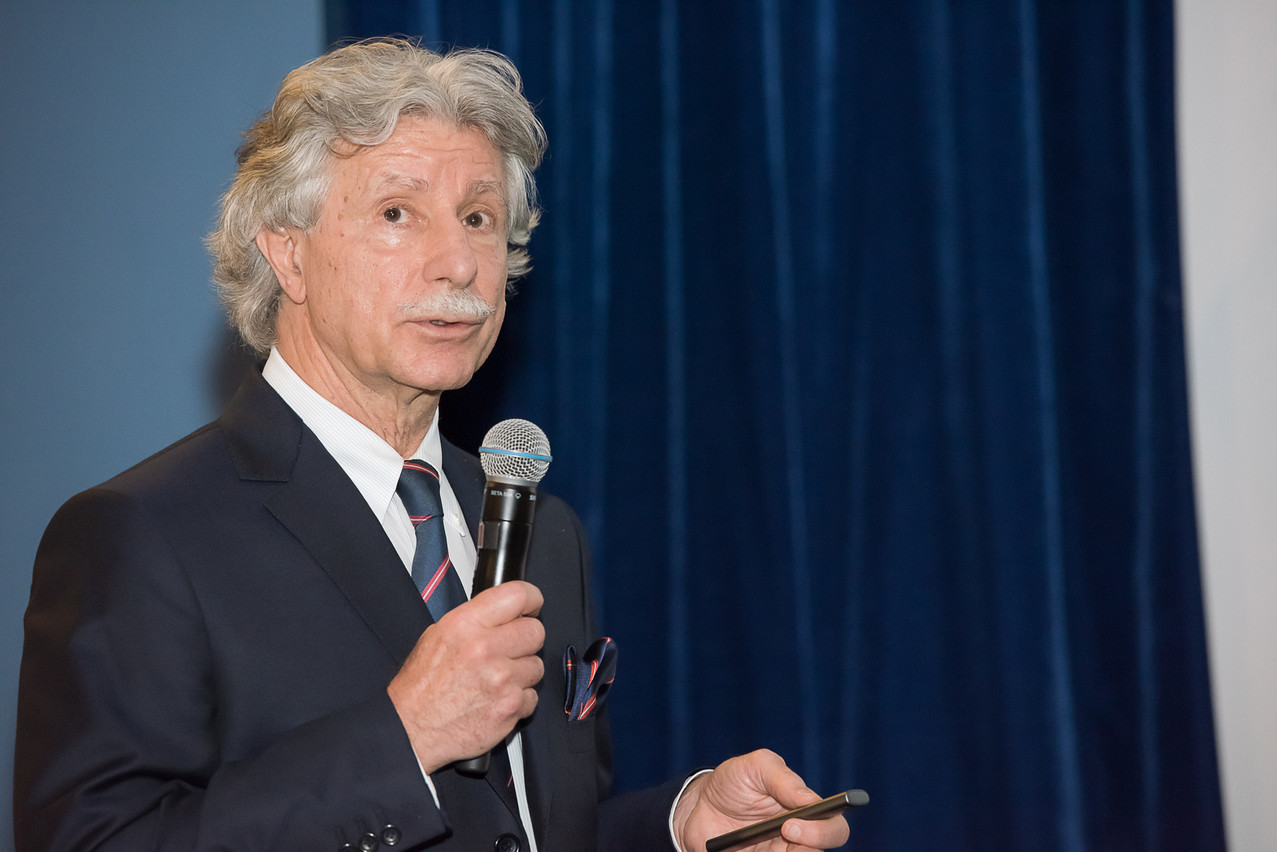How can the best-performing funds and fund managers be rated and compared in a fair, neutral and transparent way?
For François Chauvet, CEO of Fundclass, the company’s audited methodology allows the comparison of apples to apples and oranges to oranges, so to speak. Fundclass defines and computes the risk profile of European funds, then creates “peer groups” of funds that have a similar risk profile. The “clustering process” ensures that funds in a certain category really are comparable.
Once funds are classified, Fundclass identifies the best risk/return ratio within the same peer group, then identifies the best performers over multiple periods of time. In the end, each fund gets a quantitative rating. With rankings computed every quarter, the system is like the Tour de France, he explained. The best rider needs to be able to compete well in time trials and mountain stages, while a good fund should be able to perform consistently well throughout the investment cycle, no matter the market conditions.
Best European asset managers
The Fundclass trophy is awarded to the best European asset management companies in the long-term (over a period of seven years). Asset managers from Sweden, Ireland, France, the UK and Spain are the winners.
Luxembourg winners
Fundclass also ranks asset managers by country. The seven best asset managers in Luxembourg were: Eleva Capital, Swan Am, Baloise, Bluebay Asset Management, T Rowe Price, Candriam and J.P. Morgan Asset Management.
Five-star performers
According to the Fundclass methodology, funds that they rank as “five-star funds” perform better than four-star funds, which perform better than three-star funds and so on. The number of five-star funds indicate the difficulty, or complexity, of the market.
Chauvet noted that in 2023, 3.9% were five-star funds, making it a moderately difficult year. Using a skiing metaphor, it would be a “rather red” piste. 8.9% were four-star funds and 16.5% were three-star funds, making up 29.3% of the total. These three categories together normally come out to around 30%, he added. About one-fifth (21.3%) were two-star funds and another fifth (20.8%) were one-star funds.
Poorly-performing funds are instead assigned negative ratings: 15.2% of funds received a minus, while 13.4% received a double minus. These two categories almost always come out to around 30% as well, said Chauvet.
A “paradoxical year”
2022 was very turbulent, said Chauvet, thanks to the rise in interest rates and the beginning of Russia’s full-scale invasion of Ukraine. “But last year--2023--there were few bumps. On equity funds, we have astronomical performances--almost in all categories--even though it wasn’t really predictable. And since it wasn’t really predictable, fund managers were faced with a situation that was not, let’s say, academic.”
“On an economic level--when we look at the economic data--we had a very different year from previous years. It was the year in which we had the impact of the increase in interest rates. And it wasn’t a small increase: we started from zero and reached levels of 4%, 5%.”
“Strictly speaking economically, the fact that we find ourselves in a period where we’re experiencing a strong rise in rates should have resulted in bonds going down, which is what happened--bonds had negative returns. But there are some who came out better than others.”
“From an academic point of view, we should have suffered a bit on stocks.” But “stocks did not, in fact, suffer from the rate increases. The market actually continued to rise. So it’s a year that was, one could say, a bit paradoxical.”
“Finally, from a performance point of view, it was a rather robust year. There were even some quite extraordinary performances in certain categories, despite the context.”
Rates won’t immediately go down
Central banks have gone “all the way” in raising rates to curb inflation, said Chauvet, and “people think that interest rates will go down tomorrow. No. It’s not going to happen tomorrow. And why? Because the Americans [the Federal Reserve] are careful. So they’ll wait to make sure that the effects [on the economy] are real, and once they’re certain that the effects are real, they’ll cut rates.”
“We know that one day, rates will eventually go down,” he said. But “it’s something that has been so anticipated that once it actually does happen, it will have already been taken into account in certain calculations.”
Find the full results .
This article will appear in the Spring 2024 issue of Delano magazine.
